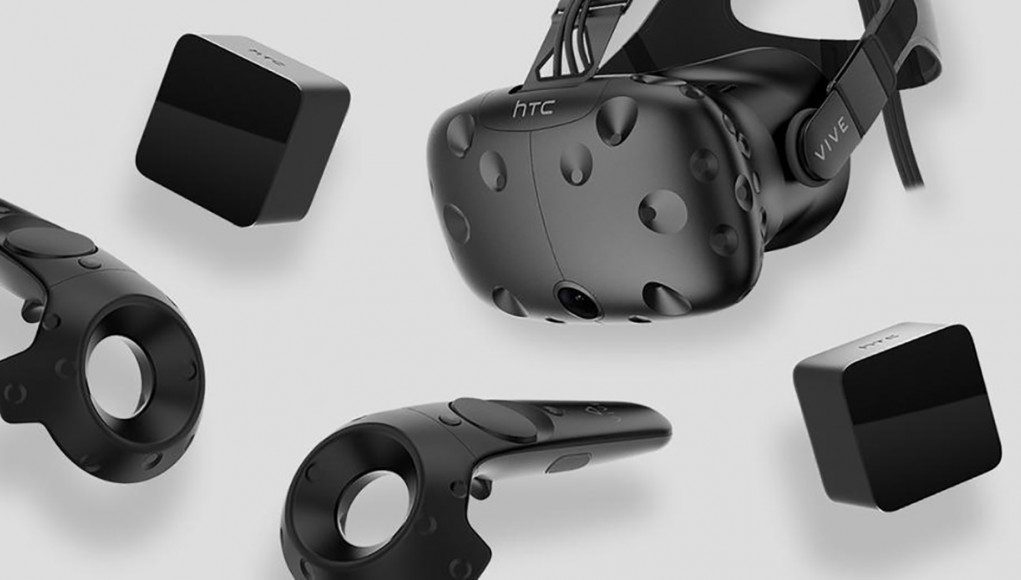Despite its major role in the growing VR space, HTC’s overall business continues to struggle financially, posting significant losses over the last two years. Working to turn things around with a restructuring of assets and priorities, the company is facing the sale of a smartphone factory in Shanghai. The proceeds from the $91 million sale will largely funnel toward the company’s Vive VR business, according to China Daily.
On Wednesday, HTC’s board made the decision to sell the factory to Shanghai Xingbao Information Technology as part of an effort to return the company to financial stability. According to HTC, the sale of the nearly 1.3 million square-foot factory and the land on which it’s built will not have an impact on the company’s staff or planned production capacity, reports China Daily.
While HTC’s smartphone business has seen major challenges in the last several years, VR—though still a tiny fraction of the company’s overall business—has been seen as a bright spot since its introduction in 2015. That year the company formed a wholly owned subsidiary, HTC Vive Tech Corporation, to codify and grow its virtual reality efforts which have been ramping up in 2016 following the launch of the Vive system in March.
According to Android Authority, HTC sold another factory in 2015 for $183 million, though it continues to own and operate three key factories in Taoyuan, Taiwan. Android Authority summarizes the latest factory sale and the last few years of HTC’s financial struggles:
Established in 2009, the facility mainly produced phones for the Chinese market. At its height in 2011, it churned out two million mobile devices every month, but starting in 2013 most of its assembly lines went out of production due to decreasing demand. Rumors about a sale of the Shanghai facility first emerged in August 2015, but HTC denied it planned to offload it.
Facing dwindling sales, HTC has been cutting workforce and closing down production lines for the past five years. The company outsourced much of its production to contract manufacturers like Compal Electronics or Wingtech.
Though HTC hasn’t announced official sales figures for the Vive, the company has said that it’s selling the $800 system at profit, and recently introduced financing options in an effort to make the system more affordable.







